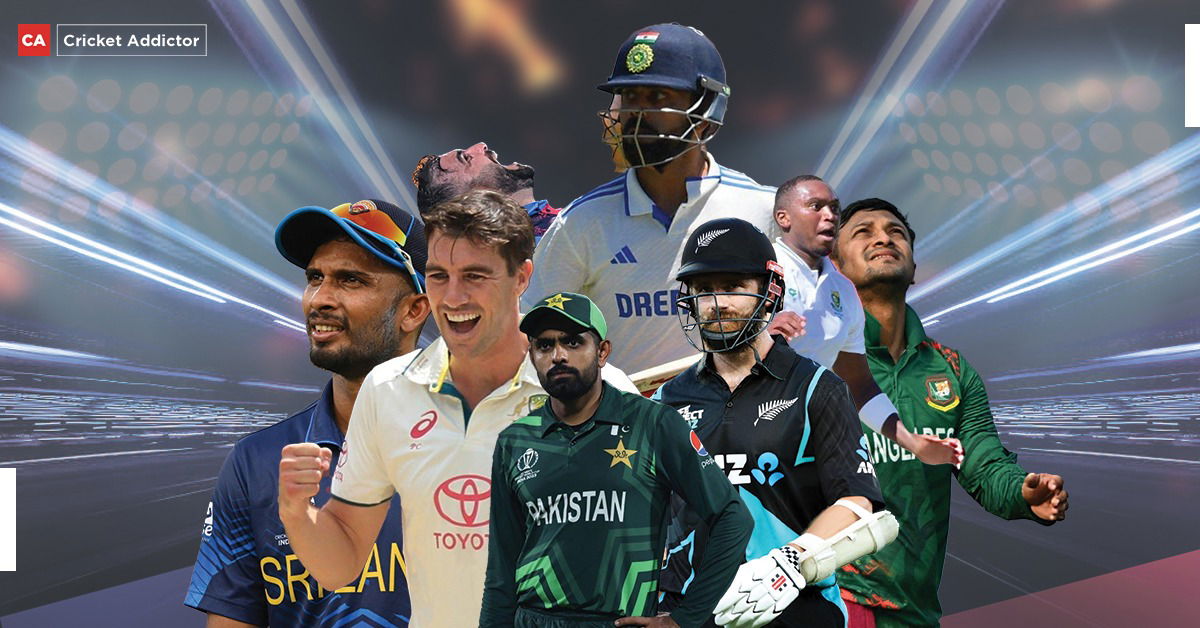England And Wales Cricket Board Softens Stand On Recreational Drugs
Published - 12 Mar 2020, 12:44 PM | Updated - 23 Aug 2024, 04:48 AM

The England and Wales Cricket Board (ECB) has softened its stand on consumption of recreational drugs, a policy which led to 21-day ban for Alex Hales, which eventually saw him miss the World Cup 2019.
Last year, Hales, was named in England’s preliminary World Cup squad, and was scheduled to attend their training session. But the suspension saw him missing out on it.
Revised code for 2020

According to the revised policy, a second time offender will be fine 10% with no suspension and it will remain confidential but a third time violation in the code of conduct will see the player being banned for at least 12 months.
“We can confirm that there has been an update to the Recreational Drugs Policy for 2020. This was part of a broad consultation involving stakeholders from the wider game including first‑class counties and the Professional Cricketers’ Association,” an ECB spokesperson said.
“The policy takes into account the important consideration of player welfare whilst ensuring there are meaningful sanctions for each violation. There was further consensus from all parties that any bans will be made public.”
Hair follicle test

The punishment for Alex Hales came after he failed the hair follicle test. This method is conducted to detect recreational drug usage.
According to a report in the Guardian, “all professional men’s cricketers in England and Wales – as well as centrally contracted women’s players – are subject to hair follicle tests at the start and end of every season that can detect substances in the system for up to three months”.
Tagged:
World Cup 2019











